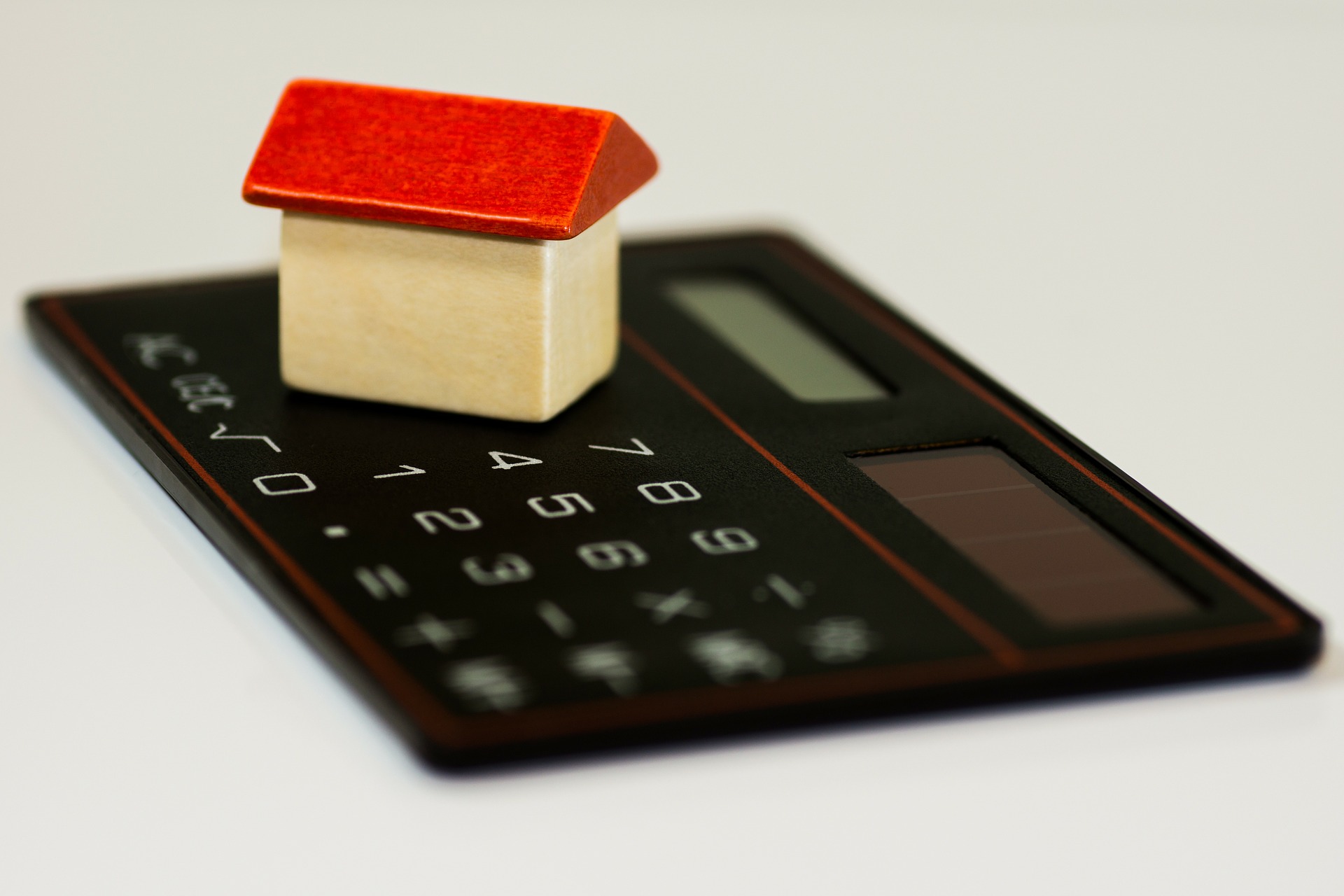Will Running a Business Impact My Mortgage Rates?
If you’re running a business and want to get a mortgage, you’re probably wondering whether being a self-employed business owner will affect your ability to qualify for a mortgage and get the best rates. Let’s take a closer look to find out.
Image source: https://unsplash.com/photos/rgJ1J8SDEAY
Is getting a mortgage more difficult when you are a business owner?
Mortgage lenders tend to approve loans to people who have a stable income. That’s why it can sometimes be more difficult for a self-employed business owner to qualify for a mortgage compared to an employee. Someone who has regular paychecks for the same amount will generally be more appealing to lenders than someone with an uneven income. Unfortunately, business owners will always have some degree of unevenness in their incomes. Furthermore, when you run your own business, your income can look less on paper than it actually is, due to things like strategic investments and tax write-offs. That means the income reported on your tax returns may not accurately portray your ability to make regular mortgage payments.
However, whether you’re self-employed or an employee, the basic criteria for qualifying for a mortgage remain the same. You need to have a history of stable income, sufficient liquid assets, and a good credit history. You can also avoid the issue of your income looking less, as mentioned above, by not claiming expenses on your tax return. While that means you would end up with a larger tax bill, your income will look better to a lender.
Compare Mortgage Lenders to Get the Best Rate
As long as you can verify your income is sufficient to pay your monthly mortgage payments, you should be able to get a mortgage. But because your income is unstable as a business owner, it could impact the mortgage rates you’re offered. However, that doesn’t mean you can’t get a lower rate. But it does mean you could have to work harder to find it. Thankfully, you can find low mortgage rates by using a comparison platform to compare different lenders. Several mortgage lenders are experienced in dealing with self-employed clients, so by shopping around, you can find a good mortgage rate.
What documents do you need to provide to qualify for a mortgage?
To qualify for a mortgage and get a good rate as a business owner, you won’t be able to show your W-2 Form like employees would to verify their income. Instead, mortgage lenders typically request to review the following documentation:
· A copy of your business license.
· Recent business bank statements.
· Two years’ worth of federal income tax returns.
· A year-to-date profit-and-loss statement, which shows your expenses, revenues, and net income.
· Your credit score and credit history.
Consider Your Debt to Income Ratio
Another important factor to consider is your debt to income ratio. In order to repay a mortgage, you need to have a relatively low debt to income ratio. That means not having less than 43% of your monthly gross income going towards debt repayments. Business owners often have company-related debts, which means your debt to income ratio could make it more difficult to get a mortgage and to obtain good rates. However, if you don’t have additional personal debts, it will be easier to get a better mortgage rate, as some lenders understand that debt can be a normal part of running a business. The important thing is that you can prove you are paying off that debt, have a firm plan in place, and can still afford the monthly mortgage repayments.

